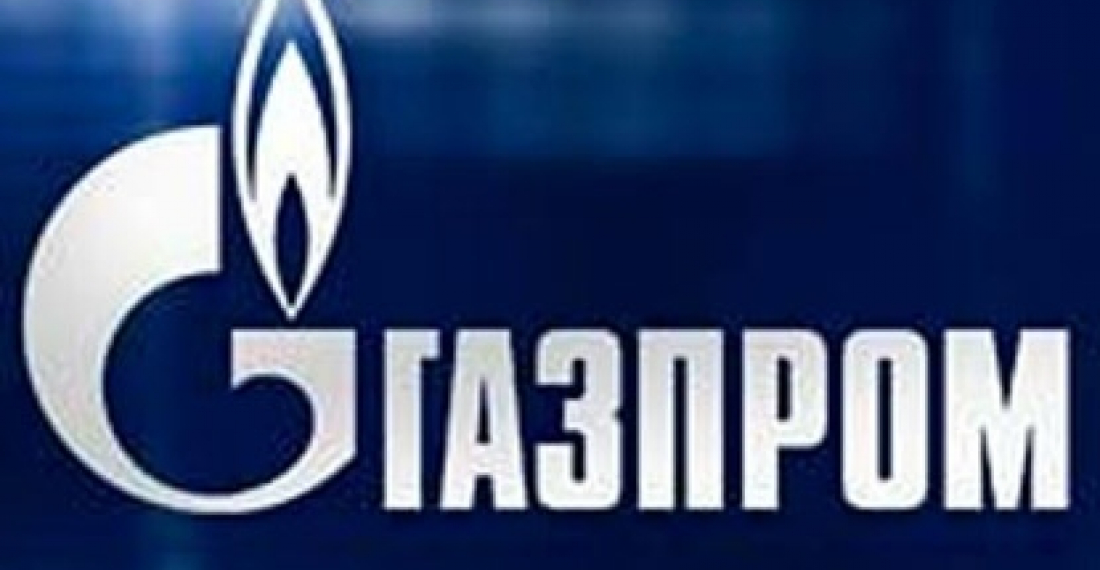Russian Gazprom OJSC insists on a rise of the natural gas tariff for Armenia in 2013, Minister of Energy and Natural Resources of Armenia Armen Movsisyan told media, Thursday.
He said the negotiations between the Ministry and Gazprom have not been over yet. "The new tariff will be announced later this year," the minister said.
Armenia marks the Day of Power Engineer on December 21. As a rule, the energy minister gives a press conference on the activity and plans. The new gas tariff may be announced on Dec 21. By tradition, a new tariff comes into effect on April 1. The Public services Regulatory Commission will study ArmRusgasprom CJSC's investment program for 2013-2015 either in late 2012 or in early 2013. Abgar Budaghyan told ArmInfo, Wednesday. The company plans to increase investments for the coming three years trice to $88.4 million. Since April 1 2010 Armenia has been importing gas for $180 per 1000 cu m versus previous $150.
Commentary
ArmInfo: Gazprom insisting on rise of gas tariff for Armenia in 2013







